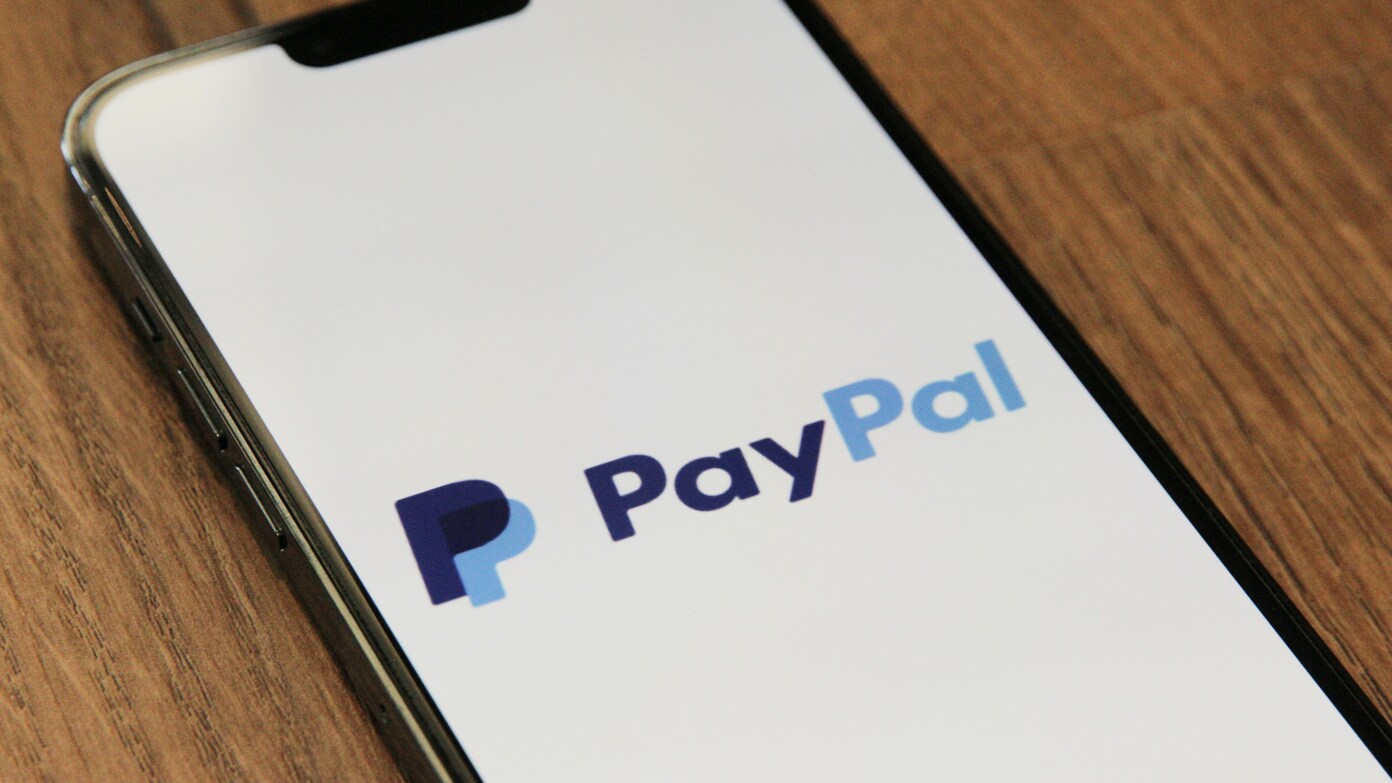If you thought sending and receiving money on Venmo or PayPal was just a convenient way to split the dinner bill, sell a few handmade crafts, or get paid for freelance work, think again.
The Internal Revenue Service (IRS) is intensifying its efforts, potentially resulting in millions of Americans owing taxes on these transactions in the upcoming years.
The digital money party is over
For years, casual sellers and small side hustlers enjoyed a pretty generous cushion: unless you made more than $20,000 in gross payments and had over 200 transactions, you likely didn’t have to worry about the IRS knocking on your digital door.
That changed when Congress pushed to tighten the rules, targeting what they call the “tax gap” — the billions in unreported income slipping through the cracks.
In 2024, the IRS planned to slash the reporting threshold, but after industry pushback and a delayed rollout, they kept it at $5,000 for the 2024 tax season. But now?
That grace period is over. In 2025, the number drops to $2,500, and by 2026, it plummets to a mere $600.
What this means for everyday users
If you’re selling used furniture on Facebook Marketplace and taking payment through PayPal, or accepting Venmo for dog-sitting gigs, these transactions could now be reported to the IRS via Form 1099-K.
The payment apps—officially called third-party settlement organizations — are required by law to issue this form when your transactions cross the threshold.
This doesn’t mean you automatically owe taxes on everything reported — only on profit. Selling your old couch for less than you paid for it isn’t taxable. But the IRS will now have the data, and you’ll have to prove what’s taxable and what isn’t.
The burden of proof? Squarely on you.
Read this IRS news much later: Burger King finally listens to its customers and makes changes in 1,200 restaurants following demands from diners – This will be the big news…
24% cut to Social Security benefits possible as tax cuts make insolvency likely sooner
Cool Ranch’ tortilla chip maker aims to go even bigger with new flavor creation
Why the IRS is doing this
From the IRS’s perspective, this is about fairness. If small businesses and freelancers are making income, it should be reported — just like a pay cheque from a traditional employer.
The government estimates that unreported side-gig income amounts to billions annually, and with the increasing shift towards online commerce, payment apps have emerged as a significant source of untapped taxable revenue.
Critics, however, argue that the change risks pulling in casual sellers and occasional gig workers who aren’t operating as businesses — creating confusion and a potential overpayment of taxes.
State laws make it even trickier
Here’s where it gets more complicated: some states already have lower thresholds.
- Maryland, Massachusetts, Vermont, and Virginia require a 1099-K for just $600 in transactions — no matter how many payments.
- Illinois has a $1,000 threshold, but only if you have four or more transactions.
That means depending on where you live, you could face stricter rules before the federal changes even kick in.
PayPal and venmo’s response
Both PayPal and Venmo have updated their terms, quietly warning users about the coming changes. They’ve also confirmed that in cases where users fail to properly report, they may be subject to backup withholding — essentially, the company taking 24% of your funds to cover potential tax liability until you file.
The companies stress that the changes are not their choice—they’re following federal law — but the new thresholds will require tighter monitoring of accounts and potentially more questions when you sign up or start sending larger amounts.
What you can do to prepare
With 2025’s threshold already dropping to $2,500, preparation is key:
- Separate personal and business transactions — Don’t mix your “Venmo for brunch” with your “Venmo for work” money.
- Keep receipts and records — For every sale, keep proof of your original purchase cost to avoid paying taxes on non-profit transactions.
- Consider professional help — A tax advisor can help ensure you’re not overpaying and that you’re taking all allowable deductions.
- Expect more verification questions — Payment apps may start requesting additional documentation to verify your identity and your account’s purpose.
The 2026 shockwave: $600 threshold
The real game-changer will be January 1, 2026, when the threshold for a 1099-K drops to just $600.
At that point, even a single payment for a large item — say, selling your used laptop — could trigger reporting to the IRS.
While this doesn’t mean you’ll automatically owe tax, it does mean you’ll be on the IRS’s radar. And given the agency’s renewed focus on small-scale tax compliance, they’re betting more Americans will opt to “just pay” rather than deal with the hassle of proving non-taxable income.
The bigger picture
This isn’t just about Venmo and PayPal — it’s part of a broader shift in how the IRS tracks and enforces tax laws in the digital age. The government is closing loopholes that allowed informal commerce to operate undetected, from cryptocurrency transactions to online marketplaces.
Some experts see the change as inevitable modernisation; others see it as overreach that could hurt small sellers and casual side hustlers. Either way, the landscape is changing fast.

